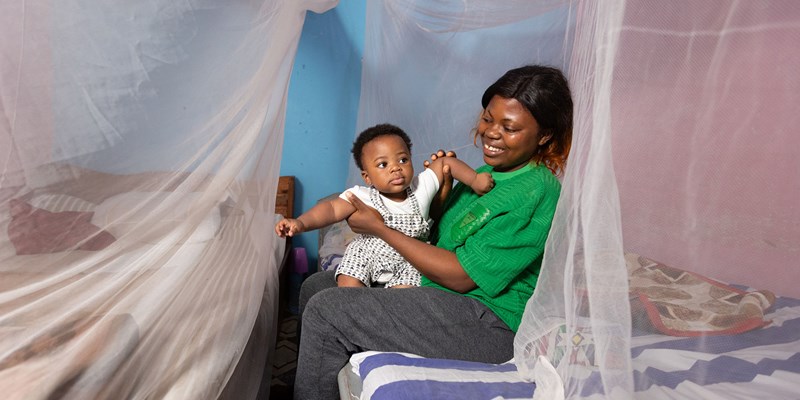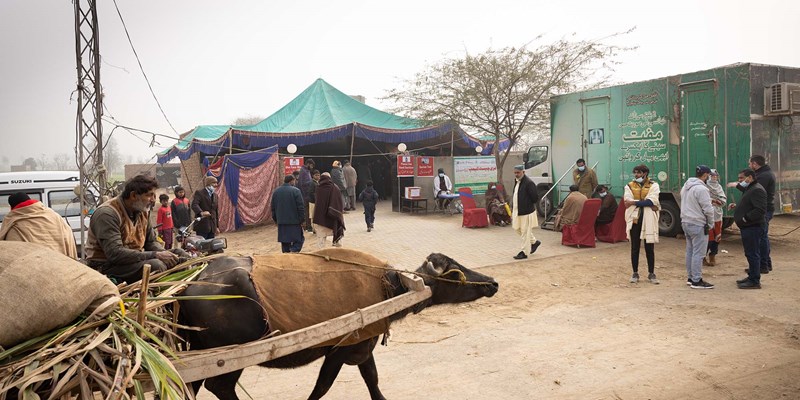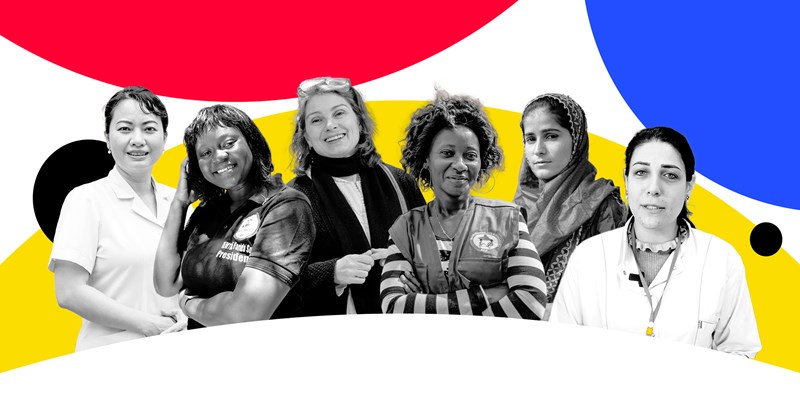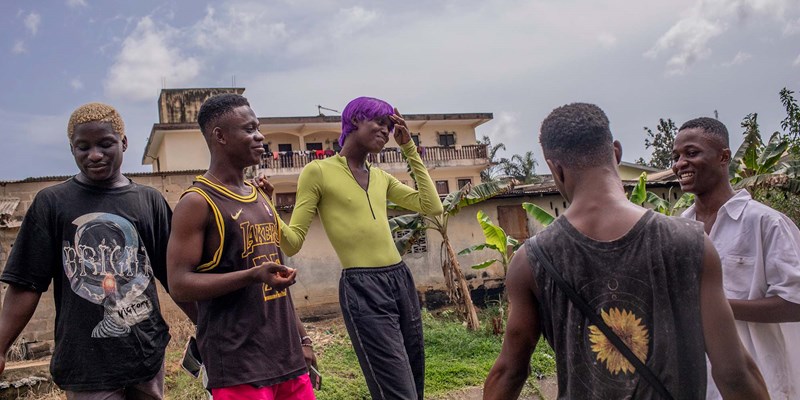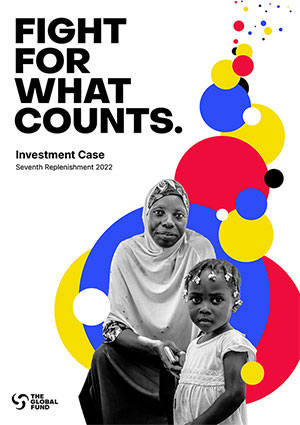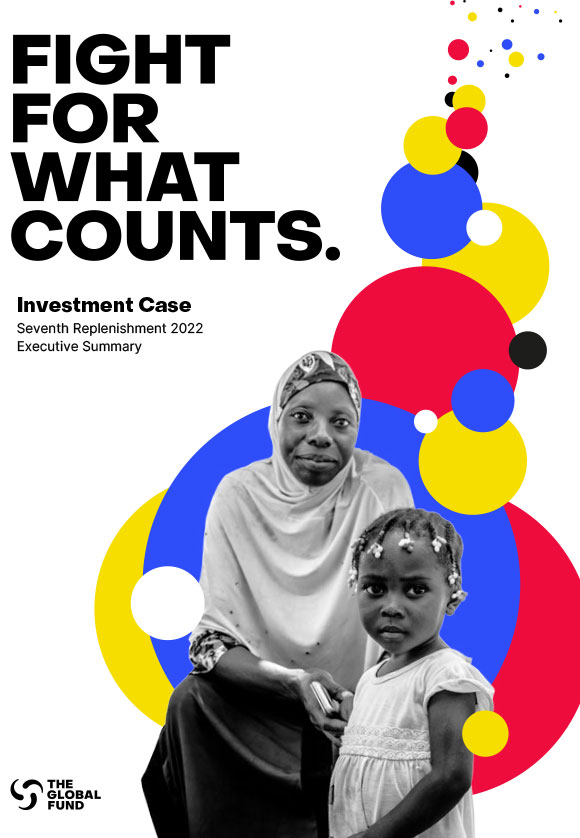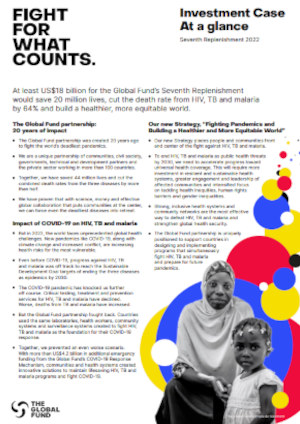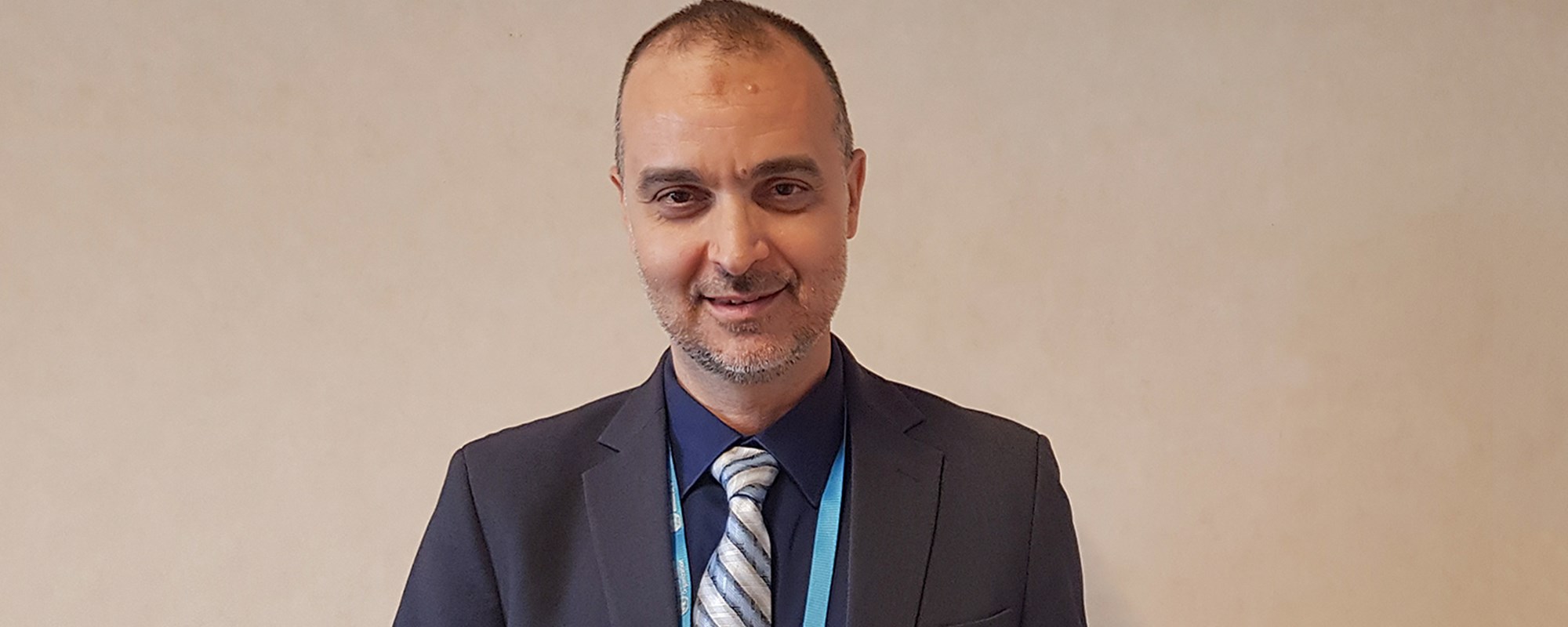

Morocco: “Civil Society is Helping Us Reach Key Populations”
Dr. Mohammed Youbi, Director of the Department of Epidemiology and Infectious Diseases at Morocco’s Ministry of Health, spoke during the World Health Assembly 20-28 May of the progress the country has made in terms of health, but did not ignore the challenges that remain.
“In 2003, Morocco was the first country in the Middle East and North Africa region to sign a partnership with the Global Fund. In addition to public-sector actors, with the Ministry of Health at the forefront, this agreement also allowed for greater civil society involvement in combating the epidemics. Sixteen years later, thanks to the combined efforts of all partners, the results are clear.
On the HIV front, the number of people receiving antiretroviral treatment increased by a factor of 50 between 2003 and 2017; the number of new infections dropped by almost 25% between 2010 and 2018. As for tuberculosis, the mortality rate dropped by 59% between 1990 and 2017; the number of new infections fell by 27%; and the detection rate is now 86%. And it is important to remember that Morocco eliminated malaria in 2010, and treatment of the disease is now limited to a few imported cases.
But these numbers do not tell the whole story. Ministries, institutions, academics, practitioners, civil society and vulnerable groups have learned to work together to improve the health of Moroccans. The Global Fund has also provided crucial aid in some urgent situations and in terms of optimizing the supply chain for medicines.
It goes without saying that the results are positive overall, but we must step up our efforts even more in order to achieve the United Nations Sustainable Development Goal 3, and ahead of that, to meet the objectives of Health Plan Morocco 2025, which includes HIV measures such as progressing from the “three 90s” (the UNAIDS treatment targets) to the “three 95s” and eliminating mother-to-child transmission. From that perspective, Moroccan civil society plays a crucial role, together with our ministry, as it works most closely with the people most affected by the disease, who are still often stigmatized. Civil society also does remarkable work in guiding and supporting people with tuberculosis and in terms of encouraging those who have abandoned their treatment to return to it. The outcomes we have achieved are due, in part, to these partners.
The Global Fund Replenishment conference that will take place this coming October will be a decisive step for all countries in the region. The Kingdom of Morocco can be seen as an example in the fight against both epidemics. It has strengthened its health system to ensure the sustainability of the response as one of the health benefits enjoyed by Moroccans.”
